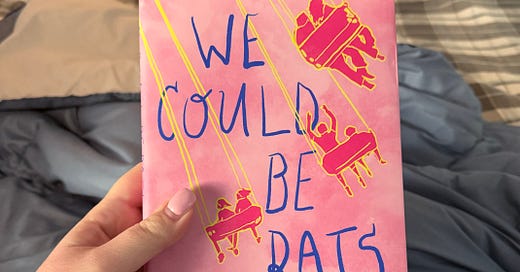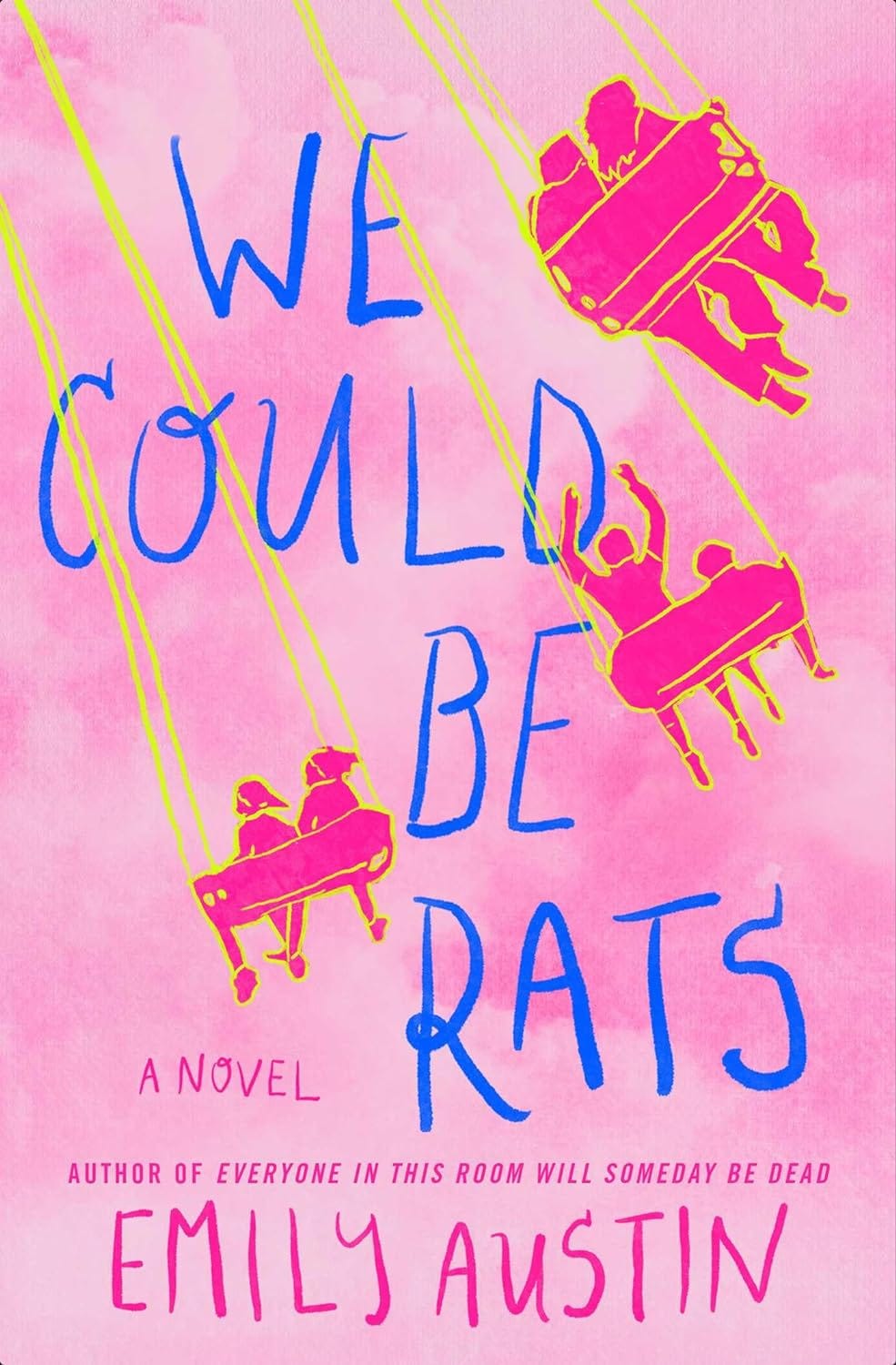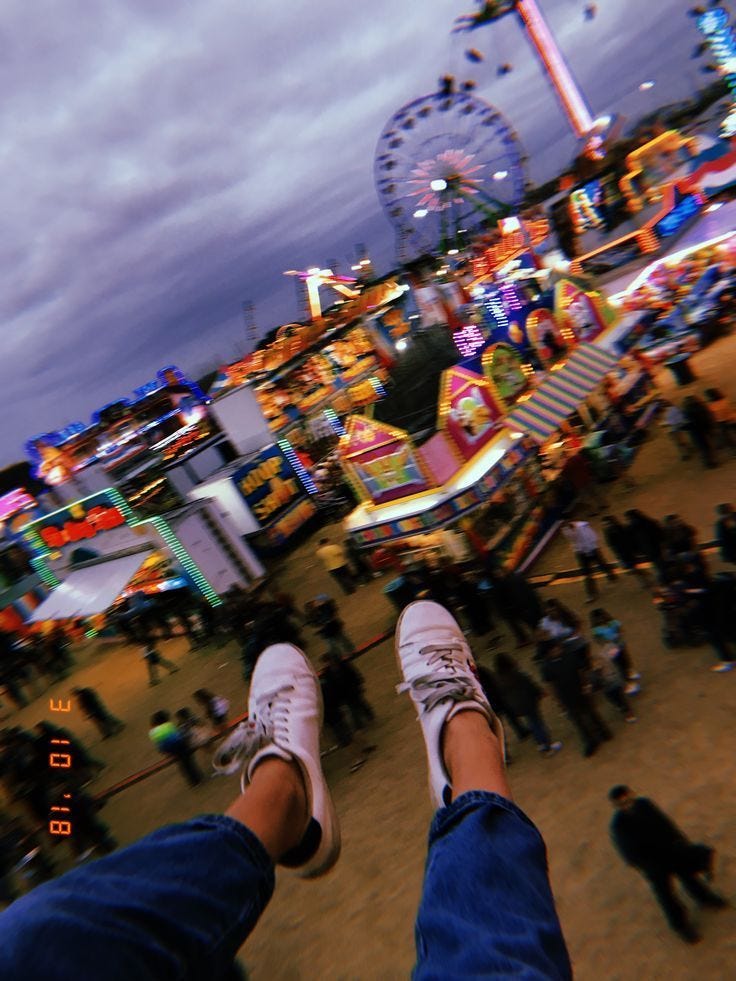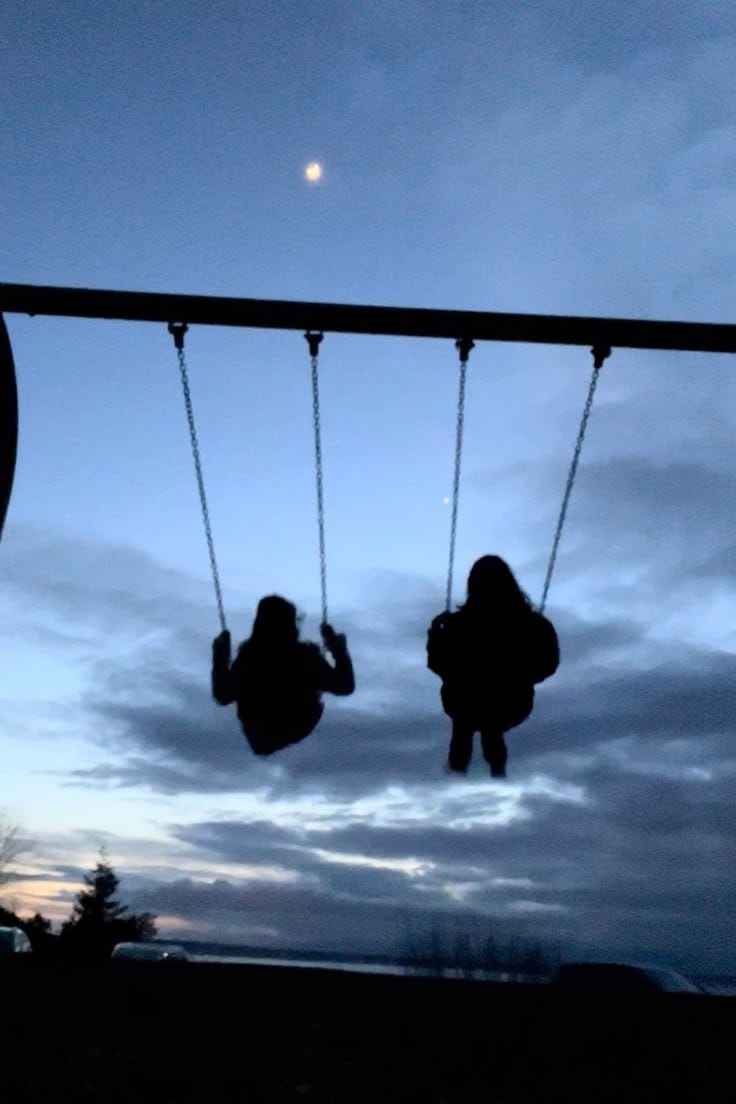Book Review: We Could Be Rats by Emily R. Austin
Check out my thoughts on Emily R. Austin's latest novel, We Could Be Rats.
Hi friends, welcome back to Do Good With Books! Today, I’m trying something a little different with providing a review/personal essay on Emily R. Austin’s latest novel, We Could Be Rats (Atria Books, 2025). I hope you enjoy this new spin on my book reviews and let me know if this is something you would like to see in future posts.
Content Warnings for We Could Be Rats
This book addresses the following topics that may be sensitive to some readers. Please review the list below before deciding whether We Could Be Rats is for you.
Suicide attempt (off-page)
Suicidal ideation (on-page)
Suicide
Sexual assault (mentioned, off-page)
Homophobia
Lesbophobia
Religious bigotry
Drug abuse and addiction
Domestic abuse
Ableism
Grief
Depression
Child abuse
Toxic relationship
Favorite Quote
It’s occurred to me that everyone needs someone who understands them and believes in them. Having even one person who really gets you, and likes you, feels sort of vital for survival.
We Could Be Rats by Emily R. Austin Review
Initial Thoughts
I’ll be the first to admit that I didn’t know what to think of this book at first. As a reader of Austin’s previous two novels, Everyone in This Room Will Someday Be Dead (Atria Books, 2021) and Interesting Facts About Space (Atria Books, 2024), the form and structure Austin utilizes in We Could Be Rats is noticeably different from her other two novels. I didn’t know if this was a case of the unreliable narrator, albeit one you feel bad for, and constantly changing thought processes during the first 50% of the book. However, if you stick around, it’ll all eventually click together and maybe you’ll realize that We Could Be Rats might be Austin’s best work yet.
Grieving the Loss of Childhood
One of the most prominent themes of We Could Be Rats is this idea of grieving the loss of childhood as well as the feeling of never quite feeling like you’re an adult. Sigrid, throughout the book, has a hard time adjusting her childlike expectations of the world to the reality around her in her small, conservative hometown. I could relate to Sigrid never quite getting the grasp of being an adult and leaving behind the whimsy and constant imagination of childhood. Especially when it dawns upon you on your 18th birthday that you’re an adult now yet you don’t really feel like one and now you’ll get all these responsibilities as you get older and you miss the days of carefree living that comes with being young.
I get this desperate feeling sometimes. Like I'm a kid banging inside the cage of my adult body, dying to escape to the moon.
When you're a kid, you assume you're just getting a taste for all the memorable experiences life has in store for you, but the truth is, most people don't spend countless nights running through the streets with their friends. They spend a handful of nights doing that if they're lucky.
I decided that deep down we're all who we were when we were kids. I think being a teenager is about hiding all your quirks and contorting yourself to fit in and impress people, and being an adult is about re-finding who you were when you were eight years old.
I never really thought about the whole idea of grieving for your childhood. Maybe that’s why people dive into “healing their inner child” or whatever kind of semantics are involved with it. Yet Sigrid’s story of confronting the loss of her childhood and how to ultimately reconcile that with how she is now. Austin does a great job with conveying the emotions surrounding that grief and I felt that her work in We Could Be Rats kind of gave space to reflect on that loss.
Reuniting Sisterhood
Watching the dynamics between Sigrid and Margit was interesting to see, especially when you get to see both sides of their shared childhood and the main catalytic event of the book ultimately reunites them.
I think one of the benefits of growing up with a sibling is having a witness. It’s nice to have someone to cross-reference your childhood with.
I know not everybody has had the best relationship with their sibling(s) and I appreciate how Austin captures the nuance of having somebody in your life for so long yet not feel as connected as you have might have been. Plus, with the twists that ultimately comes from the relationship between Sigrid and Margit, you realize the lengths they would go that brought them back together again.
Summary
TL;DR: Unconventional in form and structure, We Could Be Rats takes awhile to fully understand, but once you do, this might be her best work yet. Mixing the angst that comes with coming-of-age, grieving for the loss of childhood, and reuniting sisterhood bonds, We Could Be Rats is the kind of book that will stay with you after closing the last page.
Thank you for reading this post! Let me know in the comments below if you’ve read We Could Be Rats by Emily R. Austin and what you thought of the book. Make sure to like subscribe for more bookish content, including detailed book reviews with personal essay commentary.
Let’s Do Good With Books today and everyday!






